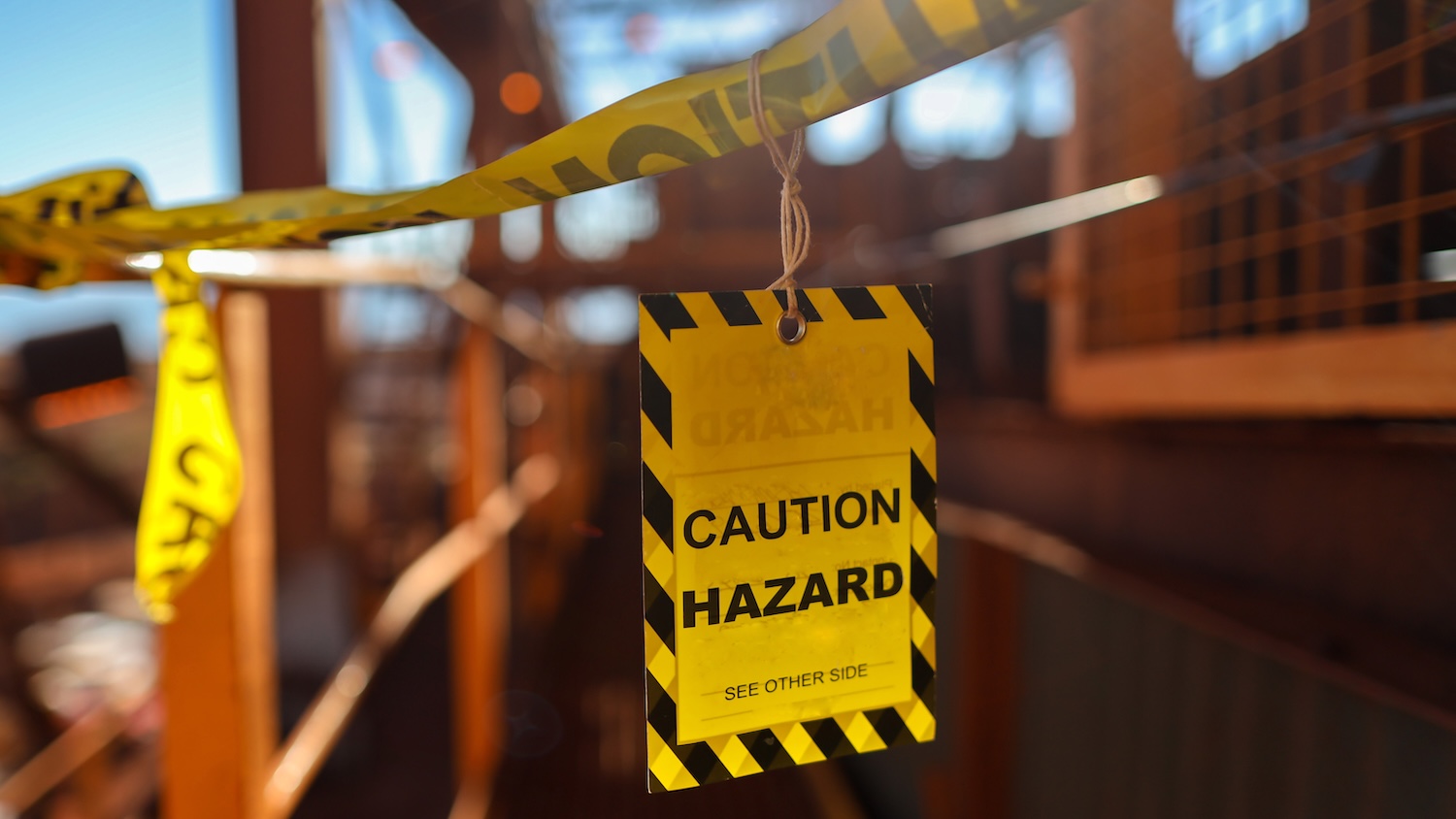
Tackling modern slavery in supply chains
Ahead of Anti-Slavery Day on 18 October 2023, CHAS is calling for construction companies to help tackle modern slavery across the supply chain
Modern slavery is on the rise, fuelled by the Covid-19 pandemic’s impact on extreme poverty. UK government data from November 2022 revealed a 38% increase in potential modern slavery victims compared with the previous year. However, these numbers probably only scratch the surface of the issue.
In 2021, ‘first responders’ referred 12,727 potential victims, but estimates from the Centre for Social Justice suggest the true number in the UK may exceed 100,000.
While increased victim referrals may indicate improved awareness, these statistics underscore the urgent need to eradicate this widespread exploitation of vulnerable individuals and the need for collective action.
What is modern slavery?
Modern slavery manifests itself in many forms, but according to Anti-Slavery International, the most common types found in the construction industry include:
- Human trafficking – the movement of people using force, fraud, coercion or deception for the purpose of exploitation
- Forced labour – workers being threatened and forced to work against their will
- Bonded labour or debt bondage – the most widespread form of modern slavery, where people are forced to work to pay off debts
- Slavery of children – where children younger than legal working age are trafficked and/or forced to work so that the employer can profit
What is the law on modern slavery?
Under the Modern Slavery Act 2015 UK, any UK company that meets the four criteria below must publish a slavery and human trafficking statement each financial year, outlining what they are doing to prevent modern slavery in their business and supply chains. The criteria are:
- If it is a ‘body corporate’ or a partnership, wherever incorporated or formed
- If it carries on a business, or part of a business, in the UK
- If it supplies goods or services
- If it has an annual turnover of £36 million or more
However, businesses of all sizes are now coming across contracts and tender documents that request compliance with the Act as standard.
Therefore, smaller businesses, irrespective of turnover, should be prepared to demonstrate actions for tackling modern slavery.
Furthermore, from 1 April 2023 government departments were issued with updated guidance on identifying and managing the risk of modern slavery in their supply chains.
What are the red flags of modern slavery to look out for?
Modern slavery operations are often arranged by criminal organisations who are experts at law evasion and avoiding detection. However, there are some common signs of exploitation:
- Evidence of being controlled by someone else: Victims of forced labour are often tightly controlled or threatened by their ’employers’. They may be escorted to and from work or the shops and will often be forced to work excessively long hours without breaks or time off. They might also be reluctant to interact with others, particularly the police or other authorities.
- Personal belongings and appearance: Victims might have limited personal belongings, including mobile phones or personal identification such as passports. Without access to laundry facilities or financial means to buy new, their clothes may appear dirty or worn and may be unsuitable for work.
- Signs of physical and psychological abuse: Forced labour victims might show signs of malnourishment due to lack of food and/or poor nutrition. They may be being physically abused and regularly display injuries such as bruising or unhealed wounds. Symptoms of psychological abuse can include anxiety, criminal behaviour, depression and fear.
What action can be taken to prevent modern slavery?
To combat modern slavery, transparency and collaboration is key. Companies should develop anti-slavery policies and procedures and conduct due diligence to identify and address risks.
This includes mapping supply chains, conducting audits and spot-check inspections, and engaging with suppliers to promote greater visibility and ethical practices.
When it comes to strengthening contractor management processes, working with a supply chain risk management expert such as CHAS can help organisations to verify their contractor base and bolster supply chain due diligence.
For example, many CHAS contractors are now qualified to the CHAS Elite standard, which incorporates the Common Assessment Standard, a qualification that assesses businesses across 13 elements, including modern slavery.
Staff training and appointing modern slavery champions will help raise awareness and highlight the correct channels to report any concerns. All relevant staff should be made aware of the Modern Slavery Helpline on: 08000 121 700 or online.
Alex Minett is head of global new markets at CHAS.






